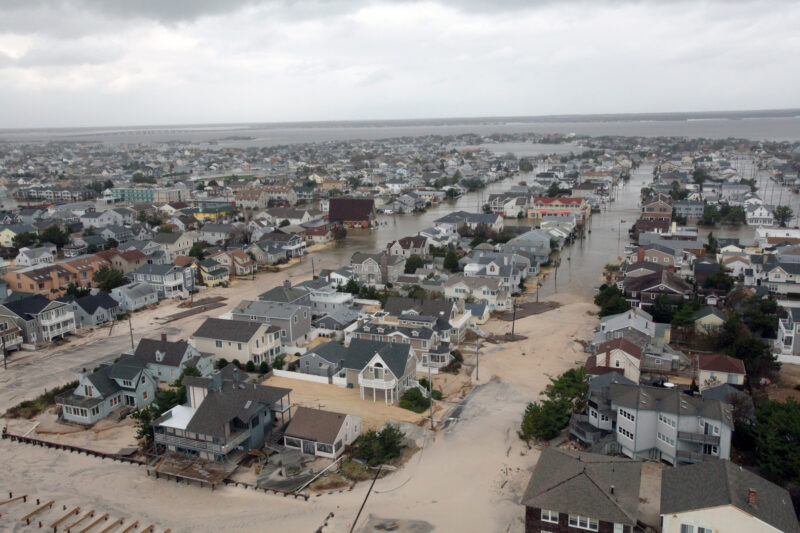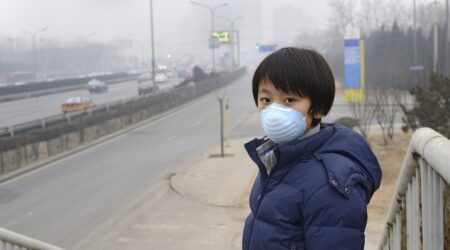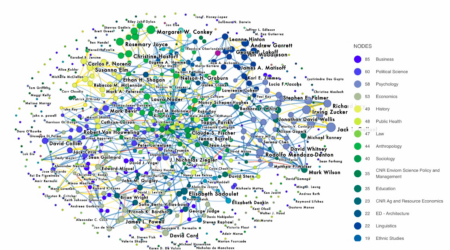As sea levels rise and temperatures continue to creep up, vital elements of the U.S. economy are at risk. Energy resources, labor productivity, and entire infrastructures are threatened by the consequences of a changing climate. Moreover, mortality rates could increase if we don’t act to alter the path.
These projections come from American Climate Prospectus: Economic Risks in the United States, a report co-authored by Solomon Hsiang, Assistant Professor of Public Policy in the Goldman School of Public Policy. This first-of-its-kind report evaluates the grave threats that climate change represents for the U.S. economy; it highlights which regions are most at risk, as well as which sectors of the economy are most vulnerable. Among the impacts detailed in the report’s executive summary (based on assumptions that “we stay on our current path”):
- By 2050, between $66 billion and $106 billion worth of existing coastal property nationwide will likely be below sea level.
- Property losses from sea level rise will be concentrated in specific regions of the U.S., especially on the Southeast and Atlantic coasts, where the rise is higher and the losses far greater than the national average.
- As a result of increases in temperature, the labor productivity of outdoor workers, such as those working in construction, utility maintenance, landscaping, and agriculture, could be reduced by as much as 3%, particularly in the Southeast.
- Some states in the Southeast, lower Great Plains, and Midwest risk up to a 50% to 70% loss in average annual crop yields (corn, soy, cotton, and wheat).
The American Climate Prospectus was published by Risky Business, an organization founded by New York City Mayor Michael Bloomberg, former hedge-fund manager Tom Steyer, and former U.S. Treasury Secretary Henry Paulsen. The report is intended to provide reference material for policymakers and economic leaders; by examining regions and resources in detail, the report offers new opportunities to understand and intervene.
While the report does not include policy recommendations, the overall message is clear: climate change represents a significant risk to economic well-being. The research highlights how, as it worsens, climate change will exacerbate economic inequalities, as the economically disadvantaged will bear a disproportionate burden.
To learn more about Hsiang’s report, see riskybusiness.org.



